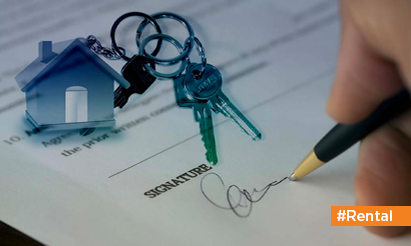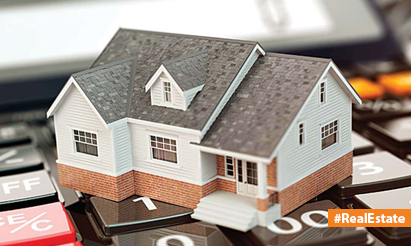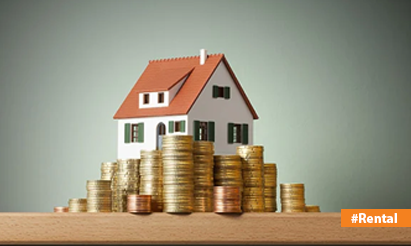Dos and Don’ts When Purchasing a Rental Property
An investor who wants to buy a home and rent it out should access the procedures with caution to maximise profits and prevent a major financial loss from a poorly picked property. There is a huge amount of work and effort associated with owning your first rental property as an investment, from the original decision through the actual purchase. You must start your search for a rental investment property with an independent process to the places and properties within your investment budget.
Although there are extra benefits to investing in rental property, there are also hazards, such as tenants who do not pay their rent and the headaches that come with being a landlord. If evaluating whether or not to purchase a rental property, consider taxation, real estate value, loan and infrastructure expenses, and your ambition to be a landlord.
When looking for the greatest rental home, the following are the most important factors to consider:
Area
The type of tenants you would attract and how often you may experience gaps will be measured by the characteristics of the area wherein you acquire a rental property. During the summer, when students return home for their vacations, you likely encounter regular openings. There would also be a larger turnover of renters, whereas long-term leases are preferable.
Evaluate the site and project, as well as any other elements that could draw tenants. To establish the existence of such amenities in a community, you may consult builder plan pamphlets as well as do internet research.
You should also be aware of new projects and what has been designated for special uses by the local authorities. Preferably, you must seek a location featuring strong growth possibilities, like universities, office parks, shopping centres, and amusement centres that are either currently in existence or are in the planning stages. Concurrently, be aware of any new constructions that may lower the value of the adjacent homes, like the removal of green open spaces or public parking facilities.
Taxes on real estate
Property taxes are not uniform across the country, and as an investor looking to generate money from rent, you must be aware of how much you will have to pay in taxes.
Expensive housing taxes are justifiable in really nice, well-connected neighbourhoods. Long-term tenants are likewise drawn to such regions. Properties in future development routes should be prioritised.
Educational establishments
Your tenants may be a family with children, or those planning to have children, who choose places close to one or more decent schools. The availability of significant schools in the region where you invest will increase the value of your investment. Note that the whole value of your rental property comes into the equation when you eventually sell it, even if you’re only interested in gathering monthly rent in the meanwhile.
Employment market
Areas featuring increasing job prospects usually attract additional individuals, which means extra tenants. The ideal scenario for you would be to possess a rental property close or well-connected to an existing or rapidly-growing employment centre, where credible firms are engaged and creating jobs.
Project stature
Today’s renters desire initiatives that bring value to their lives. Good developments with the finest lifestyle commitments may be beyond their price range, yet people anticipate receiving similar amenities in a rental property. Families looking for rental apartments choose sites with facilities such as parks, children’s outdoor areas, senior sitting areas, dependable surveillance, and actively managed upkeep. They place a high value on the atmosphere within the facility.
Disclaimer: The views expressed above are for informational purposes only based on industry reports and related news stories. PropertyPistol does not guarantee the accuracy, completeness, or reliability of the information and shall not be held responsible for any action taken based on the published information.




